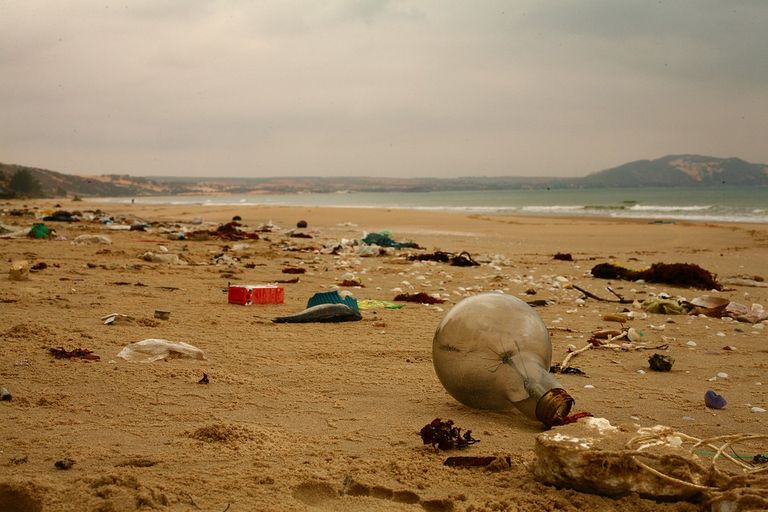Plastic is proving to be very dangerous for the environment all over the world. That is why there has been a demand to limit its use and ban many types of plastic. Similar demands have been made continuously in all countries, and strict instructions have also been issued by the courts from time to time for this, but the lack of strictness in the compliance with these directions has always been clearly visible. This is the reason that, despite many efforts, we are not able to achieve success in reducing the use of plastic.
Air pollution is increasing diseases, and if we don't act now, the situation will become serious. Similar rules are applicable in different countries regarding the ban on plastic, but the irony is that even after so much time has passed due to a lack of strictness, the use of polythene continues unabated in all the states. If the use of banned plastics is not decreasing, then it simply means that the attitude towards their production, sale, and use has been very irresponsible and careless.

It is often seen that due to our small and big carelessness and flaws in waste management systems, polythene or other plastic waste gets clogged in the drains, which clogs the drains, drainage and sewerage systems. This waste is now also becoming helpful in blocking the flow of rivers, which now plays an important role in creating flood-like situations in places where there is little more rain.
This plastic was the reason for the terrible floods in Bangladesh in the past, because the drains there were blocked due to the accumulation of plastic in the drains or drains, and that is why, taking a lesson from this, plastic was banned in Bangladesh in 2002. A 90 percent tax on the use of plastic bags was imposed in Ireland, resulting in a significant reduction in their use. The use of these bags in Australia has been reduced by 90% as a result of the government's appeal.
In Rwanda, a country on the continent of Africa, there is a provision for fines for making, buying, and using plastic bags. France began a campaign to ban plastics in 2002, and in 2010 it was fully implemented across the country. Non-recyclable plastics are banned in New York City. Countries like China, Malaysia, Vietnam, Thailand, Italy, etc. have imposed various types of restrictions on the import of plastic waste. China, which has been the world's largest importer of plastic waste, banned the import of 24 categories of solid plastic waste some time back.
There is a need to take strict steps in a phased manner to ban plastic. Although a decision has been taken to ban the use of single-use plastic items in the direction of making single-use plastic-free, at present, a large amount of plastic waste is generated in the world.
If we look at the countries that buy the most plastic scrap in the world, then PET also known as PETE, the polyethylene terephthalate, the chemical name for polyesteris is imported by Vietnam, India, China. Malaysia, Thailand, Taiwan, and Turkey, to name a few. It is a matter of concern that about half of the plastic waste generated every day either gets into the bodies of water through drains or remains on the ground in an unrefined form, which causes pollution of the earth and air.
Pollution control boards are working all over the world, but to know how serious they are towards their work, it will be enough to know that they are not serious about the production and import of plastic waste. Both the government and NGOs will have to ensure accountability of all these to control plastic pollution and also ensure strict compliance with increasing awareness to reduce the use of plastic.
Congratulations, your post has been curated by @techclub
Manually curated by @samhenrytenplus
Thank you so much for your kind curation, gratitude 👍